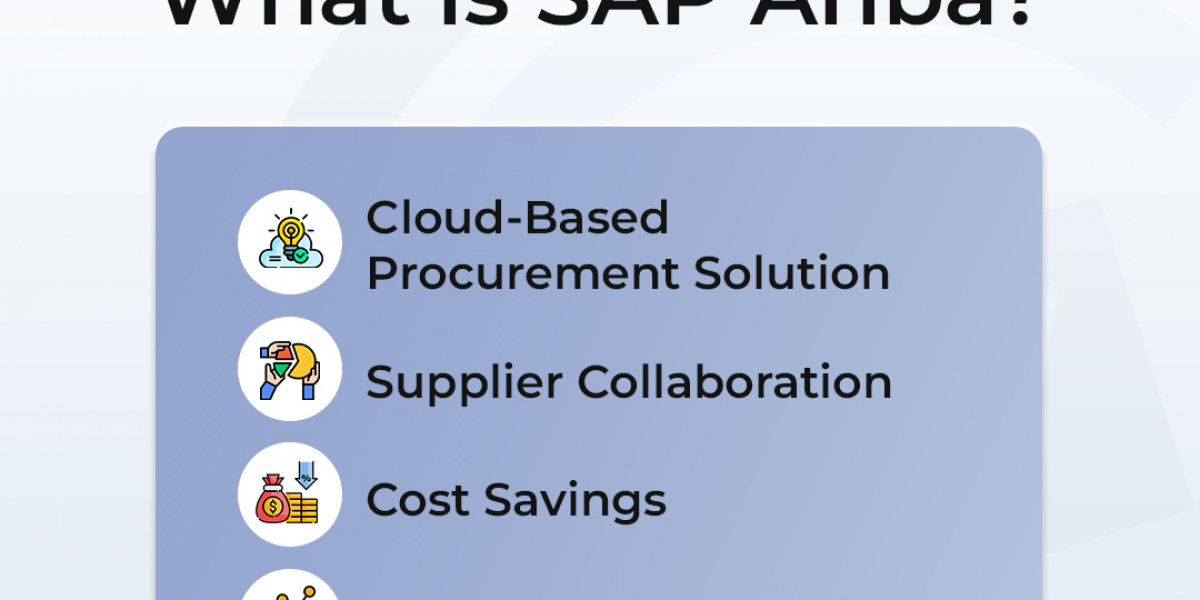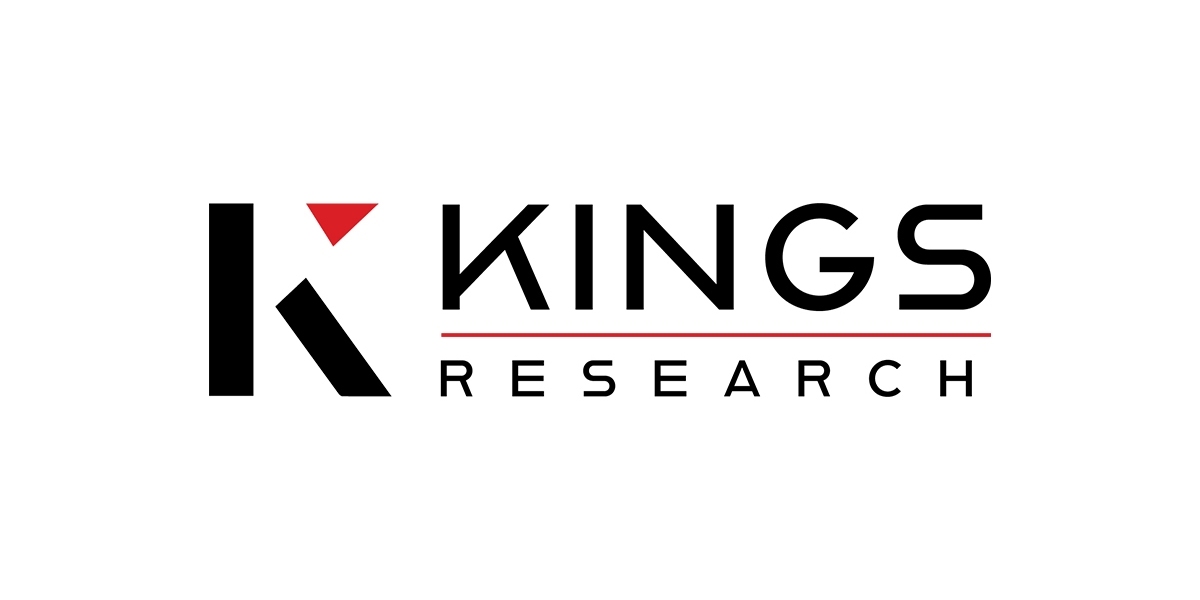SAP FICO (Financial Accounting and Controlling) is a crucial module in SAP ERP (Enterprise Resource Planning) that integrates financial and accounting data for business processes. Learning SAP FICO is an essential step for professionals aspiring to enhance their career in finance, accounting, and controlling. In this article, we’ll explore the SAP FICO course syllabus in detail, providing an in-depth understanding of what you can expect from this popular certification course.
Introduction to SAP FICO
The SAP FICO module is designed to manage financial transactions and reporting within an organization. It comprises two main components:
- FI (Financial Accounting): This focuses on financial reporting and accounting processes.
- CO (Controlling): This focuses on internal cost accounting.
Together, these modules provide a solid foundation for managing financial processes in real-time, ensuring transparency, accuracy, and efficiency. The SAP FICO course is designed to help learners grasp the core functionalities of both FI and CO modules.
SAP FICO Syllabus Breakdown
The SAP FICO syllabus is typically divided into two sections: SAP FI and SAP CO. Here’s a detailed breakdown of the topics covered in each section.
SAP FI Module Syllabus
- General Ledger Accounting (G/L Accounting)
- Chart of Accounts: Understanding the structure of the chart of accounts and how it’s used in financial accounting.
- Posting: Learn how to create and manage general ledger postings, including journal entries, recurring entries, and accruals.
- Financial Statements: Generating and analyzing balance sheets, profit & loss statements, and other financial reports.
- Account Groups and Master Data: Master the creation and management of accounts, account groups, and the relevance of G/L master data.
- Accounts Payable (AP)
- Vendor Master Data: Learn how to create and manage vendor accounts.
- Invoice Posting: Understand the process of posting invoices and managing payments.
- Payment Processing: Learn the automated payment program and how to set up payment terms.
- Reconciliation Accounts: Master the link between sub-ledgers and the general ledger.
- Accounts Receivable (AR)
- Customer Master Data: Learn how to create and manage customer accounts.
- Invoice and Credit Memo Processing: Understand the process of posting customer invoices and credit memos.
- Cash Application: Learn how to manage incoming payments and reconcile them with customer accounts.
- Dunning: Understand the process of generating dunning notices for overdue payments.
- Asset Accounting (AA)
- Master Data for Assets: Learn how to manage asset master data.
- Depreciation Calculation: Understand the methods of depreciation and how to calculate it within SAP.
- Asset Transactions: Learn to post acquisitions, retirements, transfers, and adjustments.
- Asset Reporting: Generate reports on asset balances, depreciation values, and asset history.
- Bank Accounting
- Bank Master Data: Learn to create and manage bank master records.
- Cash Management: Understand the setup and execution of cash management and liquidity forecasting.
- Bank Reconciliation: Learn the bank reconciliation process, including automatic and manual reconciliation methods.
- Integration with Other Modules
- Integration with MM (Materials Management): Learn how the SAP FI module integrates with the SAP MM module for invoice verification and procurement processes.
- Integration with SD (Sales and Distribution): Understand how financial data flows between SAP SD and FI for sales orders, billing, and invoicing.
- Integration with HCM (Human Capital Management): Learn how to integrate payroll and employee expenses with the financial module.
SAP CO Module Syllabus
- Cost Element Accounting
- Primary and Secondary Cost Elements: Learn how to configure cost elements for internal and external reporting.
- Cost Centers and Cost Objects: Master the setup of cost centers and cost objects for internal reporting.
- Cost Center Accounting (CCA)
- Cost Center Planning: Learn how to plan and allocate costs to cost centers.
- Actual vs. Planned Costs: Understand how to compare actual costs with planned costs to control budgets.
- Cost Allocations: Learn various methods of cost allocations, including distribution, assessment, and reposting.
- Internal Orders
- Internal Order Management: Learn how to create and manage internal orders for specific projects or cost tracking.
- Settlement Rules: Understand how to settle internal orders to cost centers or other receivers.
- Profit Center Accounting (PCA)
- Profit Center Master Data: Learn how to set up and manage profit center master data.
- Profitability Reporting: Generate profitability reports to analyze the performance of different business segments.
- Product Costing
- Cost Estimate: Learn how to calculate product costs based on material, labor, and overhead.
- Cost Object Controlling: Understand how to track costs and variances for products and projects.
- Profitability Analysis (CO-PA)
- Revenue and Cost Planning: Learn how to plan revenue and costs at various levels, such as product, customer, or region.
- Variance Analysis: Understand how to perform variance analysis to compare actual vs. planned revenue and costs.
- Profitability Reports: Generate reports to analyze the profitability of various business activities.
Importance of Learning SAP FICO
SAP FICO plays a vital role in helping organizations track and manage their financial operations efficiently. Understanding the SAP FICO syllabus equips professionals with the skills needed to perform tasks such as financial reporting, budget management, cost control, and profit analysis. By mastering the SAP FICO module, professionals can:
- Ensure compliance with financial regulations.
- Improve financial planning and analysis.
- Enhance cost control and profitability management.
- Gain better insights into business performance.
Career Opportunities in SAP FICO
Professionals who complete an SAP FICO course have numerous career opportunities, including roles such as:
- SAP FICO Consultant: Helping companies implement and manage their SAP FICO system.
- Financial Analyst: Using SAP FICO to analyze financial data and provide insights.
- Accountant: Managing financial transactions and reporting using SAP FICO.
- Cost Accountant: Using the CO module to track and control costs.
Organizations across various industries, such as manufacturing, healthcare, finance, and retail, are increasingly adopting SAP FICO, creating a high demand for professionals skilled in this module.
Conclusion
The SAP FICO course syllabus covers a wide range of topics, from basic financial accounting to complex cost controlling. By mastering these concepts, professionals can enhance their career prospects and contribute to the financial success of their organizations. Whether you are a finance professional looking to upskill or someone aspiring to enter the world of SAP, the SAP FICO module offers a wealth of opportunities for career growth.









